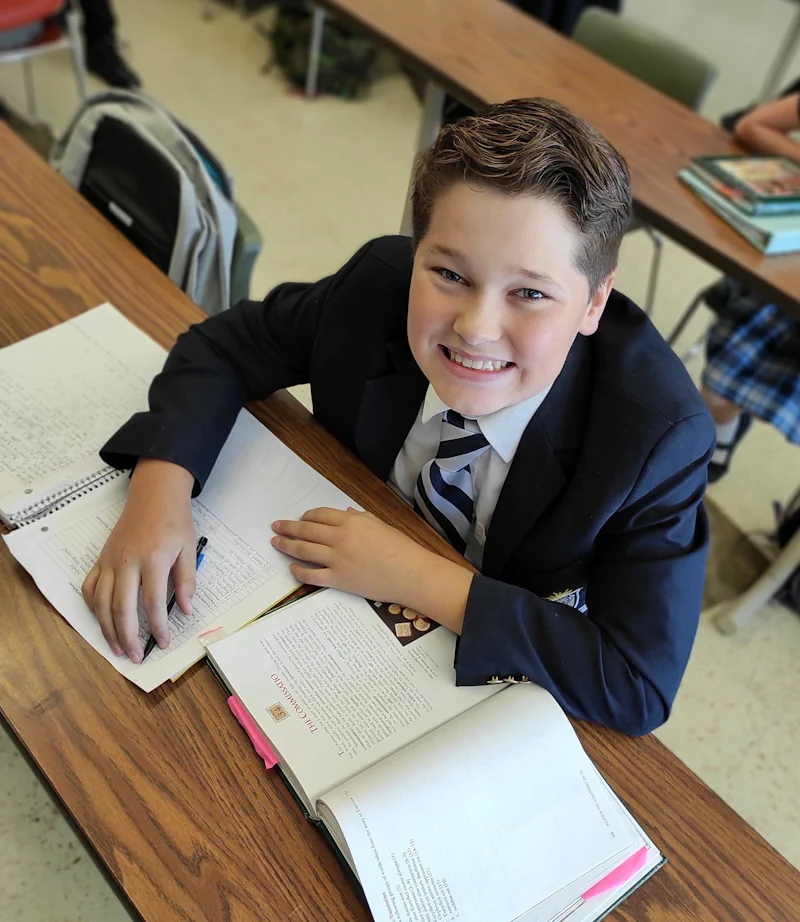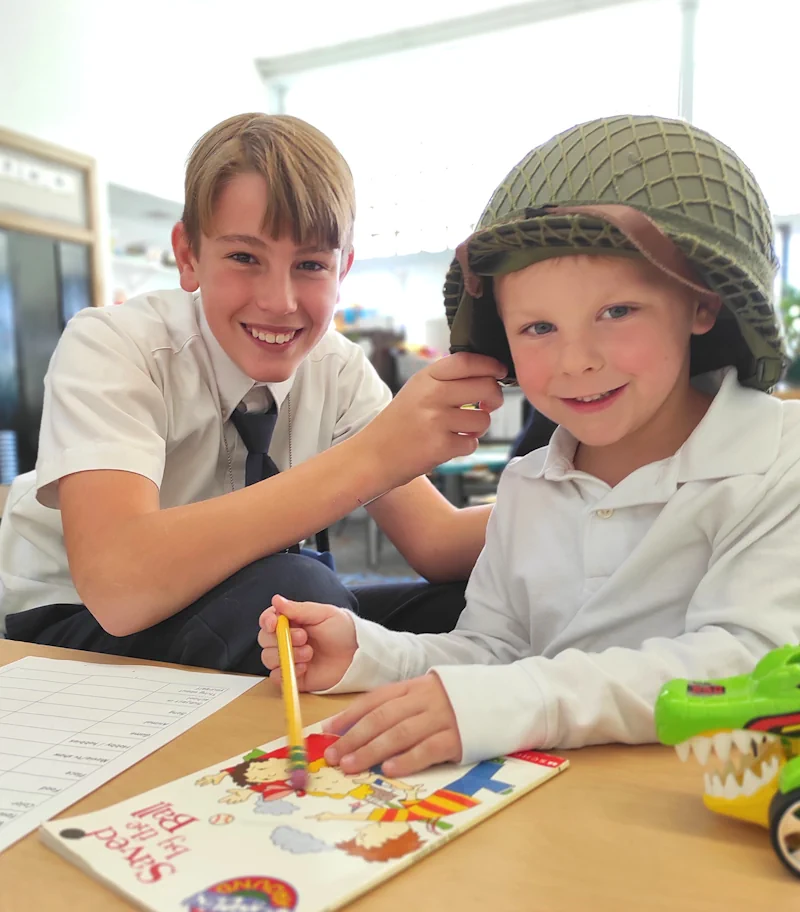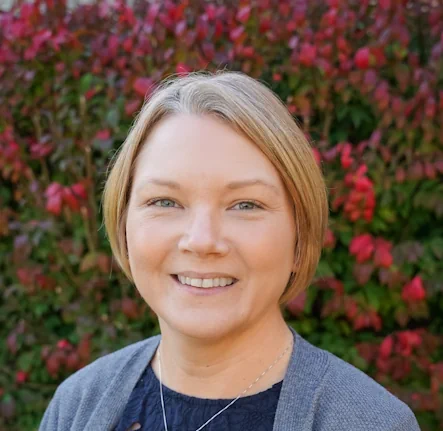“It is the mark of an educated mind to be able to entertain a thought without accepting it.”
– Aristotle



Middle School: Logic
The second stage in a student’s development is the logic stage, approximately analogous to middle school.
In the logic stage, the student moves on from the foundational work of learning the basics of each subject, to the next level of learning, creating conceptual connections between the information that the student already knows. This is done by creating a spiraling curriculum, which covers in depth, and from another perspective, that which was already covered in the grammar stage. So, for example, a student might study ancient history in first grade and again in seventh grade. While much of the basics will be the same, for example, in both levels students will study Julius Caesar, the focus changes.
The first grader is tasked with knowing who Julius Caesar is and knowing his accomplishments, that he crosses the Rubicon river, for example. The seventh grader, however, will be tasked with understanding what brings Julius Caesar to do what he does, not only that he crosses the Rubicon, but why he does it, and what the effects of his actions will be on the Roman Republic. Not only is this realization, that there exists a relationship between topics and concepts within a specific discipline, an important step from the grammar to the logic stage, but the greater realization at the logic stage is that all disciplines are interwoven, as if in a tapestry, each influencing the others.
The Veritas Jacket
It is during a student’s time in the logic stage, that they begins to take greater responsibility in the life of the school, no longer being schooled in the virtues, but being a role model for the younger students as well.
At Veritas, this transition is marked by a ceremony, in which each incoming seventh grade student is given a jacket, a visible manifestation of their role within the school community.
From this point forward, the student will wear the school jacket and tie as an outward symbol of their increasing maturity, both academically and personally.






